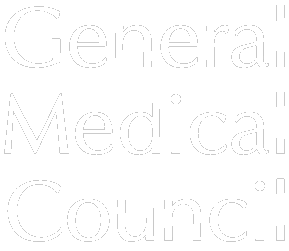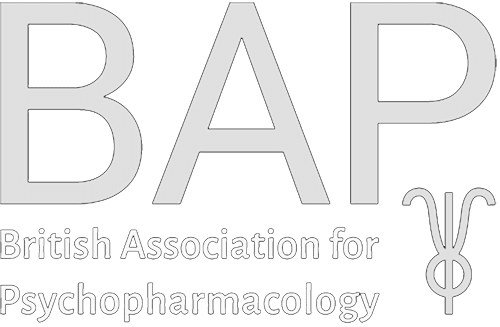Assessments and Treatment for Mood Swings in Brighton
Changes in mood are frequent reasons why people seek help for their mental health
About this service
We are a private psychiatric clinic in Brighton, offering specialist assessments and treatment for mood problems. We can provide you with a comprehensive assessment to ensure appropriate diagnosis and treatment planning.
We pride ourselves in a compassionate, person-centred approach to diagnosis and treatment. Please do not hesitate to get in touch, and our expert staff will be happy to help.



Changes in mood are frequent reasons why people seek help for their mental health.
Too many people have difficulties with mood swings without understanding the causes and potential support and treatment. Mood swings can cause untold problems with mental and physical well-being.
There is no medical definition for mood swings, however, there are several characteristics that doctors look out for.
Psychiatrists are medical doctors who have special training in diagnosing and treating mental health problems. They will ask questions to elicit the nature and characteristics of the mood changes. They will ask about the circumstances of the mood swings; whether they are triggered or whether they occur spontaneously and how long they have been occurring.
In addition, psychiatrists will want to know about associated symptoms such as if there are anxiety features or whether there is associated depression. Irritability or frustration is another subjective experience of mood swings. The experience of changing mood can be very frustrating and confusing as well as having an impact on functioning both at work and at home. Uncontrolled mood changes have a big effect on an individual’s sense of self and feeling of autonomy. Safety can also be compromised.
An important aspect of mood swings is whether there is any form of elation or mania or hypomania because these aspects direct towards a diagnosis.
It is increasingly recognised that mood swings are an important aspect of ADHD and autism so the assessment might need to focus on aspects of these conditions. If autism is likely, screening questionnaires and eventually a neurodevelopmental assessment may be recommended.
If the mood swings are associated with triggers such as memories of or reminders of previous traumas, then this can identify conditions such as post traumatic stress disorder (PTSD).
Difficulties in childhood such as unstable relationships with parents or childhood traumas can cause intense emotional reactions during adulthood, especially if there are issues related to insecure attachments. This can lead to emotionally intensity and emotionally instability. Mood swings are very common in complex post traumatic stress disorder and emotionally unstable personality disorders.
The psychiatrist will ask about is how long the mood swings last; whether they last for minutes or brief periods, which is common with rage and anger, or if they last for hours, days, weeks or longer.
Some mood changes, including depression or mania, can last weeks or months, therefore the doctor will try and establish the pattern and ask the patient how long the mood swings have been lasting. They will ask what has been happening over the years as a way of establishing the pattern.
In terms of other associated aspects, the psychiatrist will want to know whether there are any biological changes. For example, whether there are changes in sleeping patterns, appetite and weight and changes in energy levels – whether there is excessive energy or the opposite, being slowed down and lethargic.
In addition, the psychiatrist will ask whether the mood swings affect aspects of speech and movement, whether it speeds up. This occurs with hypomania.
Doctors will want to learn how much mood swings affect your daily functioning; whether they impact on your work ability and the ability to interact with your family and relationships.
For some mood swings, such as those associated with bipolar disorder with mania or hypomania, day to day functioning alters. People become disinhibited, irritable or over-confident. Sometimes people can spend excessively, gamble or become involved in other reckless behaviour.
On the other hand, with the depressive side, if the mood swings are associated with suicidal thoughts or self-harm, it is crucial for doctors to know because this can indicate level of risk. Different types of treatment and support may be necessary if the risk is thought to be high.
Psychiatrists will also wish to understand if the patient is suffering from alcohol and substance abuse which can cause or worsen mood swings.
More rarely, mood swings can be associated with abnormal thoughts and psychosis. The doctor will probably ask if you are having abnormal thoughts or hearing voices.
There is a wide range of different conditions which can cause mood swings.
It is very importamt to recognise that mood swings can be normal experiences and people react differently to stress, lifestyles and life events. However, psychiatric conditions that cause mood swings are usually an interaction between genetics and environment that affect the way that neuronal circuits and neurotransmitters function.
Bipolar disorder is partly genetic meaning that some people are more predisposed to it due to their family history but there can be significant triggers related to life events. It is often seen as a more biochemical type of disorder and there is insignificant instability in different mood systems.
There is a range of different types of severity of bipolar disorder. One of the more severe types is bipolar 1 disorder, when phases of elevated mood are troublesome. People can become manic and sometimes become grandiose and deluded. This mania usually disrupts functioning.
There is a less severe type of bipolar disorder called bipolar 2, which is when people have phases of depression, but the elevated phases are less severe, known as hypomania which is less severe than a manic episode. Sometimes the hypomanic episodes don’t interfere with functioning and can even be advantageous and the depression causes the biggest problems.
Additionally, there is an even milder form of bipolar disorder called cyclothymia when the mood swings happen very frequently and even more frequently than with bipolar 1 and bipolar 2 disorder.
Mood swings can often be linked to trauma related problems with different types of post-traumatic stress disorder (PTSD)
PTSD can be caused by one traumatic event or there can be a range of different traumas. Some traumas are prolonged and there can be association of mood swings with childhood traumas. If associated with childhood traumas, the diagnosis is more likely to be complex PTSD, which may provoke very significant mood swings.
Certain personality types are connected with mood swings. If people have difficulty in relationships with their parents, in childhood, this can cause attachment problems and in turn, can cause borderline or emotionally unstable personality. Primary treatment for these issues is psychological treatment such as dialectic behavioural therapy (DBT)
ADHD (Attention-Deficit Hyperactivity Disorder) is well known for causing problems with concentration and attention, but mood instability is an also a key aspect of ADHD.
Mood swings can also be related to perimenopausal issues and hormonal fluctuations that occur with the menstrual cycle – comprehensive assessments will guide you in the right direction.
Additionally, alcohol and substance misue can also cause significant mood swings.
After your initial assessment the consultant will be able to guide you about how many sessions are likely to be required. Some people need only one or two sessions, whilst some conditions require more intensive treatment or ongoing management.
At your initial appointment, your doctor will discuss what treatment you are likely to need, and the likely duration and costs of any treatment programme.
Flint healthcare is a private clinic and treatments cannot be funded by the NHS.
Useful Resources:
NHS website – Mood disorders
National Institute of Clinical Excellence – Guidance
University of Cambridge Press – Mood instability
UCLA Health – Mood swings
Live Science – What causes mood swings
Medical Review
The information on this page has been written and reviewed for accuracy by Dr Richard Bowskill MA, MB, BChir, MRCP, MRCPsych
Make an Appointment
Booking an appointment is easy and confidential.
Simply call or email and our helpful staff will arrange your appointment for a convenient time.







